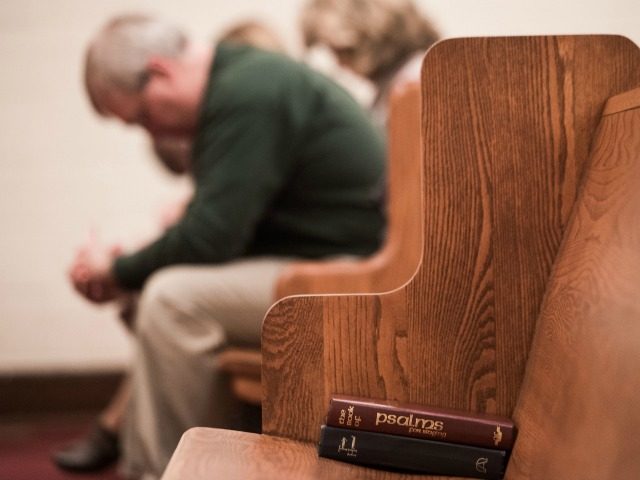The Chairman of the U.S. Commission on Civil Rights (USCCR) attacked proponents of religious liberty in a recent statement, suggesting that it is simply a justification for bigotry, prejudice and discrimination.
The Obama-appointed chairman, Martin R. Castro, stated that the “phrases ‘religious liberty’ and ‘religious freedom’ will stand for nothing except hypocrisy so long as they remain code words for discrimination, intolerance, racism, sexism, homophobia, Islamophobia or any form of intolerance.”
Castro further declared that “today, as in past, religion is being used as both a weapon and a shield by those seeking to deny others equality.”
“We now see ‘religious liberty’ arguments sneaking their way back into our political and constitutional discourse,” Castro said, “in an effort to undermine the rights of some Americans.”
The Chairman’s words accompanied the roll-out of the USCCR’s report “Peaceful Coexistence: Reconciling Nondiscrimination Principles with Civil Liberties,” which examines the various legal and constitutional issues that arise when anti-discrimination laws and religious liberty come into conflict.
In its “Findings and Recommendations,” the report sided firmly with anti-discrimination laws over religious liberty, declaring that civil rights protections ensuring nondiscrimination are of “preeminent importance” in American jurisprudence, whereas religious exemptions “significantly infringe upon these civil rights.”
The Commission also stated that religious exemptions from nondiscrimination laws and policies must be “defined narrowly.”
In its majority statement, the Commissioners warned that threats to civil liberties, “cloaked as ‘religious freedom’ protection bills, are emerging in dozens of states and localities across the nation.”
The Commissioners suggested that these proposals “represent a backlash to the U.S. Supreme Court’s June 2015 recognition of a right to marriage equality for same-sex couples,” and most of these are “thinly-veiled attempts to turn back the clock,” referring to the Obergefell v. Hodges case, in which by a 5-4 majority the U.S. Supreme Court decided that same-sex marriage is a constitutional right.
In his powerfully worded dissent to that decision, Supreme Court Chief Justice John Roberts stated that the majority decision was “indefensible as a matter of constitutional law.”
“The majority’s decision is an act of will, not legal judgment,” Roberts wrote. “The right it announces has no basis in the Constitution or this Court’s precedent.”
For his part, Justice Samuel Alito also attacked the majority decision, noting that for the 5 justices, “it does not matter that the right to same-sex marriage lacks deep roots or even that it is contrary to long-established tradition.”
The majority decision “usurps the constitutional right of the people to decide whether to keep or alter the traditional understanding of marriage,” he added.
In a remarkably prescient passage, Alito warned that the Obergefell decision will be used “to vilify Americans who are unwilling to assent to the new orthodoxy” and “will be exploited by those who are determined to stamp out every vestige of dissent.”
Follow Thomas D. Williams on Twitter Follow @tdwilliamsrome

COMMENTS
Please let us know if you're having issues with commenting.